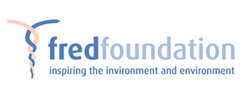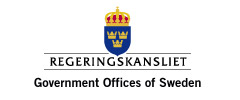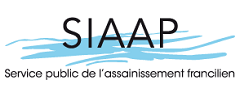EWA Uganda: lessons on farming as a business
“I did not know borrowing money affects the profits”
14.10.2014 |WICF

This means that one has to be aware of all the costs connected to farming and that one must critically look at all the available options before deciding to spend money on an activity as this could have an effect on the profits, negatively or positively.
The training compares the different profits a farmer can get when different methods are being used. This method proved to be very convincing for the participants and also mind blowing as they realised that borrowing money affects the profits greatly. It are the high interests on loans that reduce the profits and in case of a poor harvest the loan could affect the continuation of the farm. The participants therefore decided to try to convince the farmers to use own savings, gained through the sale of their production, to reinvest in their farming process. “I have been demanding that farmers be given loans blindly, now I know that farmers lose a lot of money in the form of interest on loans and if crops fail it is even worse”, a trainer said.
The participants also argued that farming without proper bookkeeping can be very deceptive. They said that most times farmers borrow money without writing it down and therefore do not consider all costs and so end up selling assets that were meant to pay back loans. The income statement form, where all the costs and incomes are written down and conveniently arranged, of the FAAB training can help farmers to make informed decisions concerning their farming business.
The reactions to the FAAB training were very positive. Many participants said the training improved their knowledge on the business aspects that come with farming. “If there is any training that has empowered me, it is the FAAB training”, said a participant. “I’m now more equipped to do my farming better and even my other businesses. My perception of farming has changed completely, now I know that farming is a noble business”.
The FAAB training learns that a careful enterprise selection combined with the use of improved inputs and other production practices guarantees a good income. It is necessary for farmers to reinvest in their own farms. This does not always happen, due to a lack of knowledge. Sometimes farmers make a lot of money through the production of their farm, but instead of reinvesting this in their farming business they invest this profit somewhere else after which they abandon farming. When they fail in the branch they invested the money in, they will revert back to farming, but then have to start all over again. Therefore it is not surprising that those who reinvest in their farms are doing very well.
Related News
Case studies from the EWA project in Uganda
In Uganda, WECF works with local partner organisations to introduce gender sensitivity trainings and conservation agriculture. Two participants in the trainings share their views
29.02.2016
Empower Women - benefit All Uganda: Conservation Agriculture increases yield of the farmers
Master thesis of Afke Jager from Wageningen University shows that use of Conservation Agriculture (CA) leads to higher yield of 30% on average
07.01.2016
WECF partner Gertrude Kabusimbi Kenyangi Wins Wangari Maathai Prize!
Collaborative Partnership on Forests honours Gertrude Kabusimbi Kenyangi
14.09.2015
EWA Uganda: lessons on farming as a business
“I did not know borrowing money affects the profits”
14.10.2014 | WICF
EWA Uganda: "Cooking is not work?"
Gender mainstreaming for 22 community based organisations. A closer look at WECF’s partner AT Uganda
02.10.2014 | WICF






































